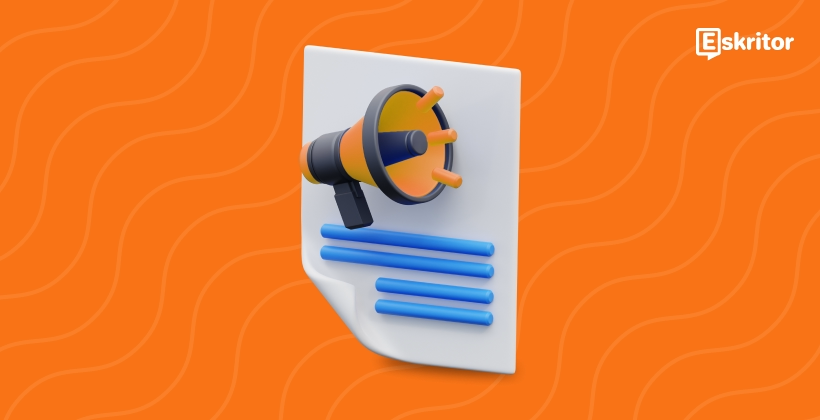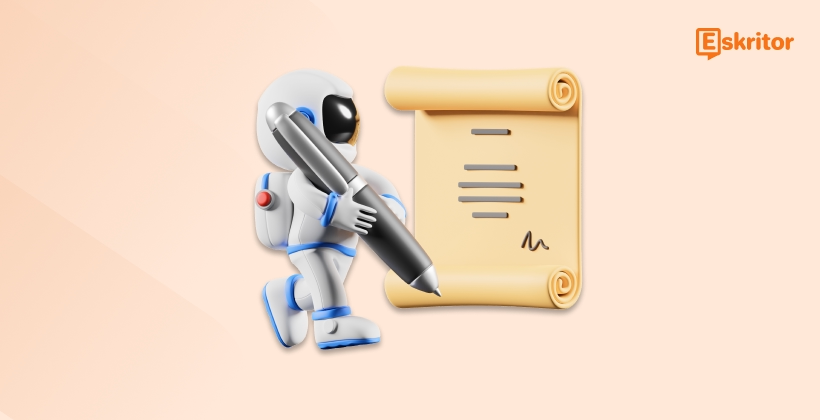The Role of AI in Modern Editing Practices
The Role of AI in Modern Editing Practices
Blog Article
AI Writing Tools vs. Human Writers – A Comparative Analysis
As artificial intelligence (AI) evolves, it remains to revolutionize how we strategy modern modifying practices. From grammar modification tools to sophisticated material technology tools, ai grammar checker is reshaping just how writers, writers, and builders improve their work. That website considers the role AI represents in modern editing and the affect it's across industries.

AI-Powered Instruments Major the Cost
AI-powered resources have become an essential section of editing workflows. Computer software fueled by organic language handling (NLP) and device learning may do responsibilities like syntax checks, stylistic suggestions, and sentence restructuring with incredible speed and accuracy.
For example, AI-based syntax pieces may identify problems that the eye might ignore, such as subject-verb deal problems or lost modifiers. Equally, type innovations produced by AI ensure that tone and flow arrange with the intended market, that will be invaluable for qualified editors.
These resources aren't just limited by standard syntax corrections. They are designed for improving readability, transforming inactive style to effective style, and even paraphrasing whole paragraphs without changing the meaning.
Effectiveness Matches Time Savings
Reports reveal that the use of AI instruments may lower editing time by around 30%. In place of poring over every word personally, publishers can focus their initiatives on creative and proper elements of content. This shift enables specialists to manage higher volumes of text in shorter intervals, that is specially useful for industries like writing and digital marketing.
Moreover, predictive AI characteristics can spotlight recurring mistakes, supporting writers improve their skills over time. For businesses, that translates to less sources used on changes and more polished results from the start.
Increasing Availability and Globalization
AI's role in modern editing runs beyond efficiency. Sophisticated interpretation and localization tools allow creators to change content easily for international audiences, deteriorating language barriers with precision. This engineering assures that exactly the same information may resonate with cultures global while keeping their authenticity.
AI also increases inclusivity standards by increasing supply in content. As an example, formulas can recognize potentially non-inclusive language and suggest alternatives. This capacity enables editors to improve writing therefore it resonates with diverse audiences.

Impressive a Stability Between AI and Individual Creativity
While AI excels in rate and reliability, it generally does not change individual editors. Products usually absence the capacity to interpret nuance, sentiment, or cultural situation fully. The best program combines AI's effectiveness with human imagination and understanding, resulting in really exemplary work.
By leveraging these systems in modern modifying practices, builders and writers equally may make top quality material that aligns with the fast-paced demands of today's digital world. AI may be the future of editing, nevertheless the human feel can be needed for storytelling and connection. Report this page